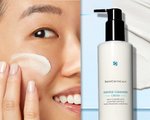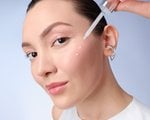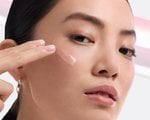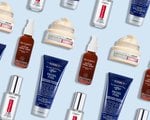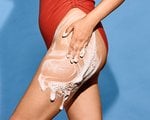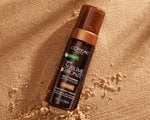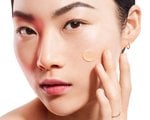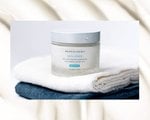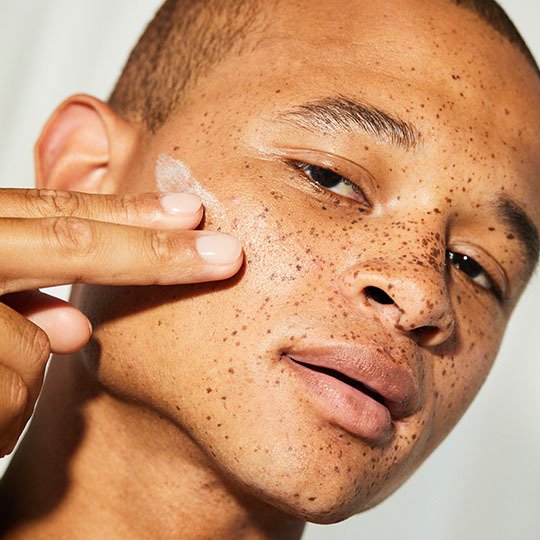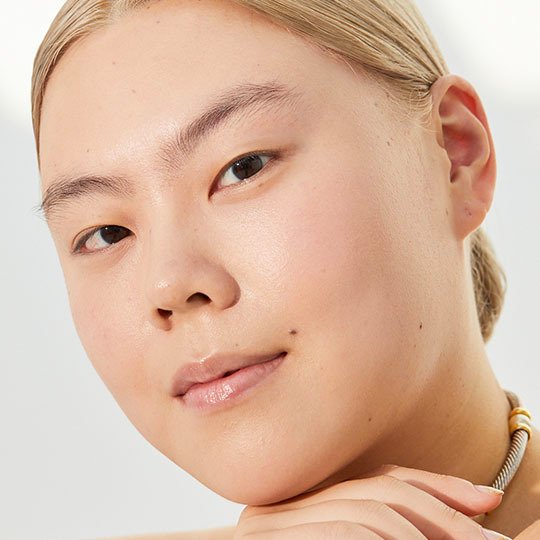Quick Question: What Are Broken Capillaries?
December 04, 2019

TIP 2: Anti-Aging Products
Since broken capillaries can be a result of aging, using anti-aging products could help. Try using products with ingredients such as vitamin C, like the L’Oréal Paris 10% Pure Vitamin C Serum to help keep your skin looking healthy and to maintain an even, radiant tone.

TIP 3: Be Gentle
Because trauma can also cause capillaries to break, be mindful of how rough you’re treating your skin during your daily routine. Exfoliating too hard, scrubbing aggressively, and even popping your pimples can cause broken capillaries to appear on your skin. Reach for a soothing scrub like the Tula So Polished Exfoliating Sugar Scrub to ensure that your skin is left feeling soft, bright and smooth. Also make sure you know how to exfoliate properly and, should you be tempted, even learn how to pop a pimple the right way.

TIP 4: Take Lukewarm Showers
If you’re the type of person who likes to take scalding hot showers, they may be the reason why those broken capillaries are popping up as blemishes on your skin. Heat speeds up the blood pumping through your veins, giving broken capillaries ample opportunity to become apparent. Make sure the water you’re using during showering or even to rinse your face is lukewarm to avoid that ruddiness.
“For people with many of these broken bloody vessels, removing them can make a remarkable difference on the clarity of their complexion,” says Dr. Tzu. Should you be one of these people, you may want to try a professional laser treatment. According to Dr. Tzu, “There are specific laser treatments that are extremely effective in eliminating broken capillaries.” These are performed in-office and are very seldom invasive. In fact, Dr. Tzu herself treats broken capillaries on the face and neck on a routine basis at her own office. When in doubt, consult your dermatologist for help addressing the look of your broken capillaries.
